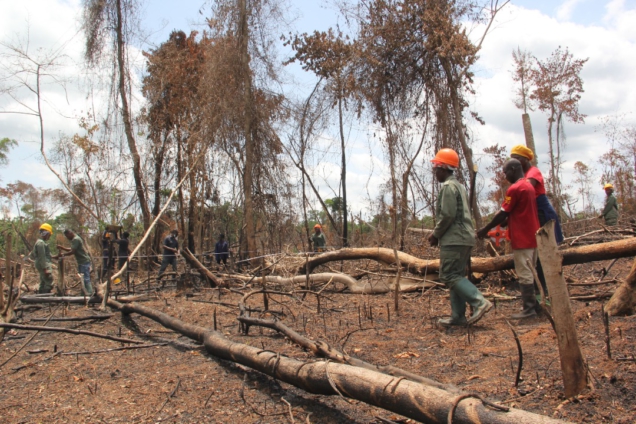
Audio By Carbonatix
The Economic Community of West African States (ECOWAS) says it is committed to making climate change a priority for policy action in the region, in accordance with its Vision 2050.
The impacts of climate change are transboundary, therefore the implementation of strategies to address the phenomenon in the sub-region, according to ECOWAS, is crucial.
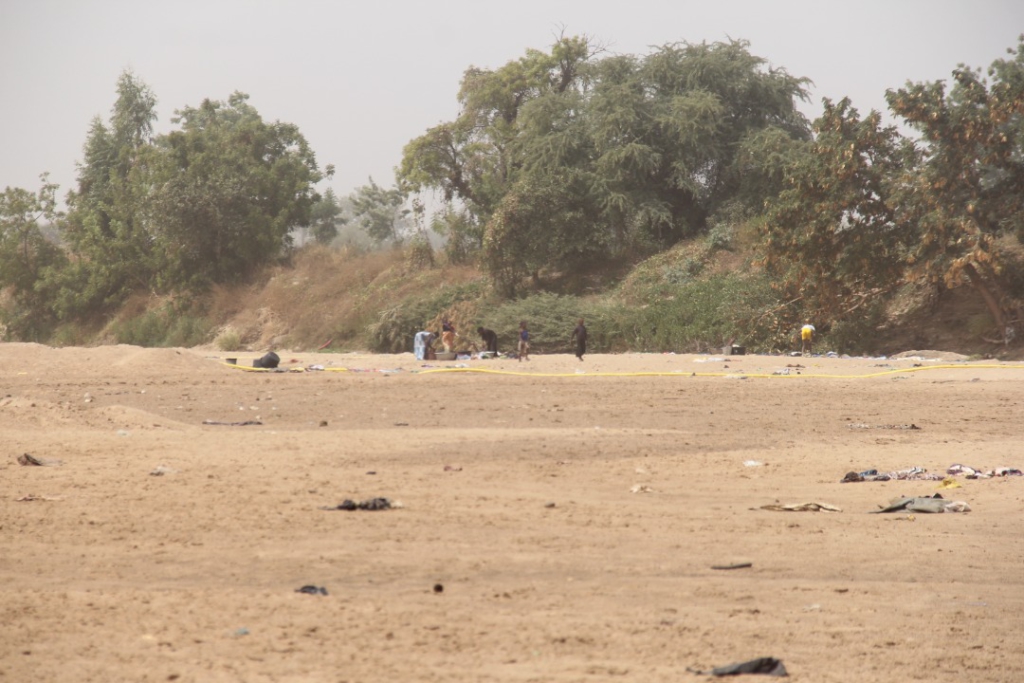
A statement issued by ECOWAS says, the commitment is part of a Regional Climate Strategy (RCS) to set regional mitigation and adaptation goals for 2030.
ECOWAS officials say the targets are under review.
"These targets are set for 2030, in line with the deadline for Member States’ commitments under the Paris Climate Agreement, with a review planned for 2050, in a process of continuous improvement as stated in this Agreement," the statement said.
Africa is the continent contributing the least to greenhouse gas emissions, but it is among the most vulnerable to the impacts of climate change.
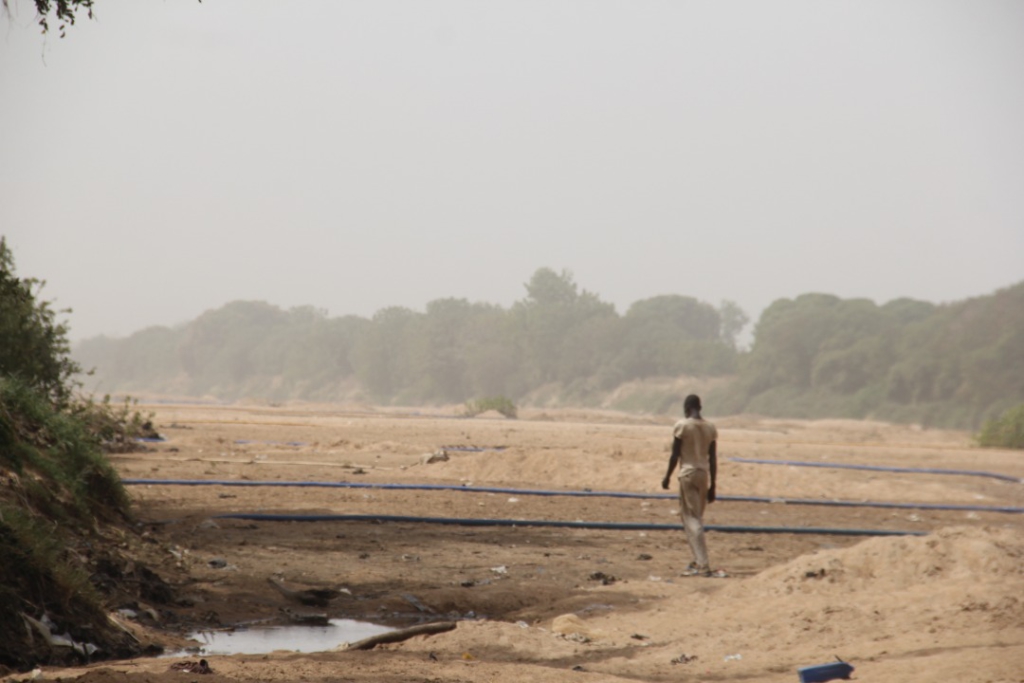
Nine of the thirty most vulnerable countries in the world lie in West Africa. ECOWAS countries' emissions account for 1.8% of global GHG emissions.
All ECOWAS countries emit on average, less than one ton of CO2 per capita per year.
In West Africa, the rise in temperatures is 1.5 times higher than worldwide, with recurrent droughts, and greater variability in rainfall. Sea level is sometimes rarer and often more intense, the levels and heights of the waves with dramatic human and economic consequences for all sectors of the countries.
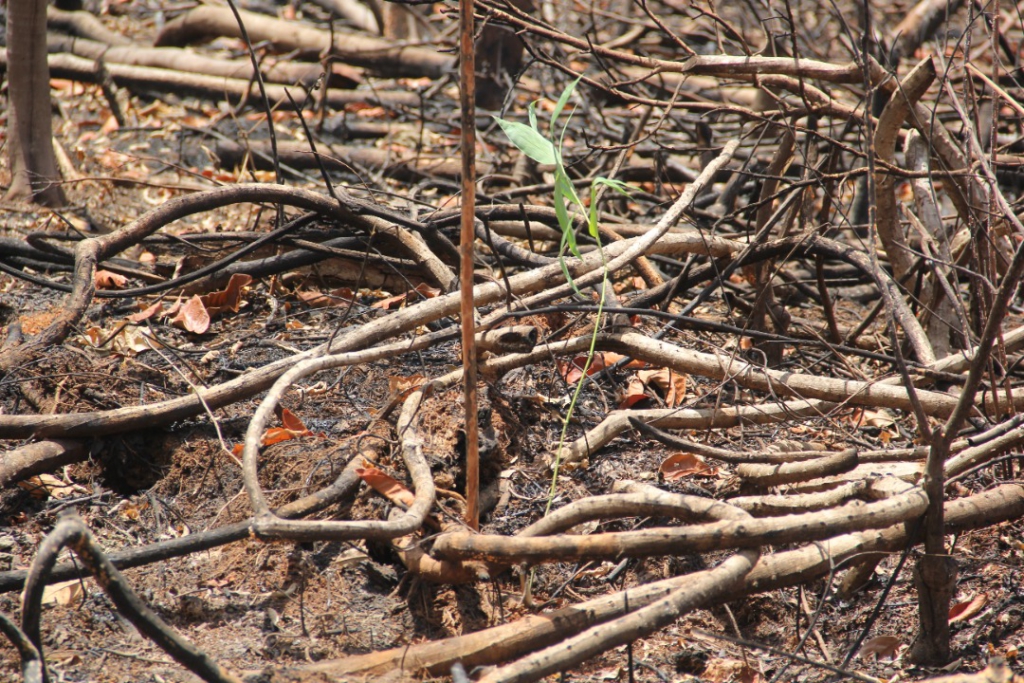
According to the African Development Bank, the effects of climate change on the continent could reach US$50 billion annually by 2040, with another 30% drop in GDP by 2050.
It is predicted that climate change could reduce groundnut yields by 11% to 25% and cowpea yields by 30% in some sub-regions of the Sahel and Sudan by 2030.
Overall reduction in average yields of 12%, 16%, 20% and 25% respectively for millet, sorghum, maize and rice by 2050.
Cocoa bean production will also decline significantly by 2050.
River flows in the region are expected to decrease by 20% to 40% by 2050 (which will affect hydroelectricity supply), and groundwater recharge in coastal areas of the region is expected to decrease by 12.5 per cent and 25 per cent respectively by 2030 and 2050.
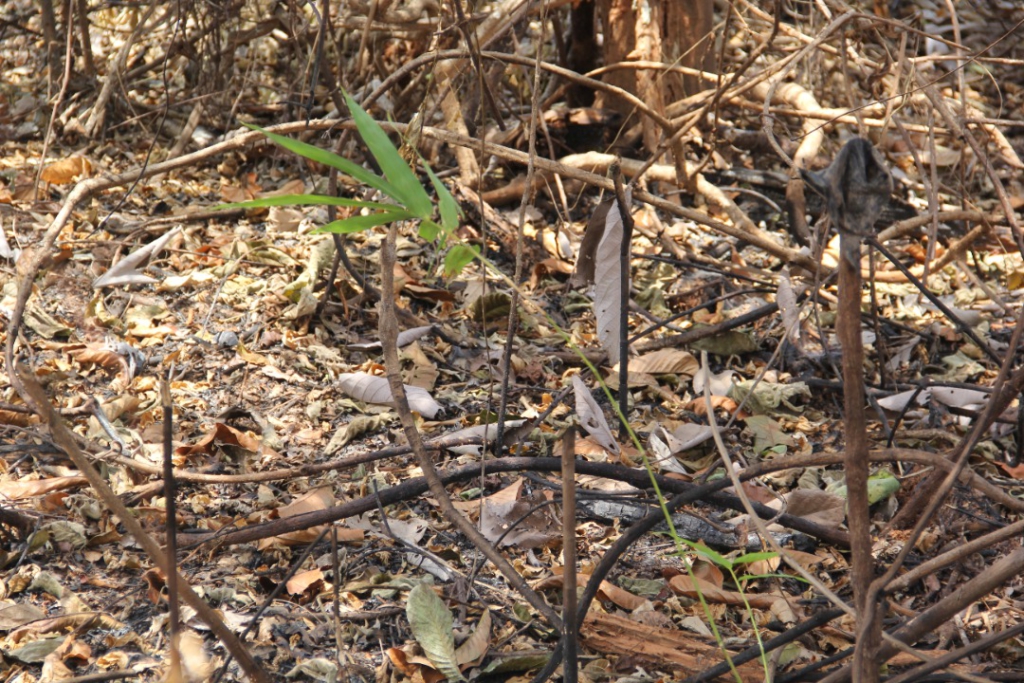
Climatic factors could force as many as 32 million people to migrate to their countries in West Africa by 2050.
The 15 ministers of environment of ECOWAS member states, under the chairmanship of Dr. Kwaku Afriyie, the Ghanaian Minister for Environment, Science, Technology and Innovation met on April 29, 2022 and validated the ECOWAS RCS.
The ECOWAS Regional Climate Strategy (RCS) contributes to the implementation of the African Union Strategy on Climate Change (2020-2030). It is fully consistent with the Paris Agreement and aligns with and contributes to ECOWAS Vision 2050.
Latest Stories
-
Ghana to face Wales in Cardiff as World Cup preparations intensify
10 minutes -
Healey visits Cyprus after criticism of UK response to drone attacks
12 minutes -
DR Congo government says 200 killed after landslide at rebel-held mine
14 minutes -
New generation of dancers taking Ghanaian culture global—Terry Ofosu
17 minutes -
Britney Spears arrested in California
21 minutes -
From Ghana to Canada: Dr Akwesi Owusu Bempah champions the fight against racial disparities and crime
22 minutes -
Walid Regragui leaves Morocco role ahead of World Cup; Ouahbi tipped to replace him
28 minutes -
Nepalis vote in first election since Gen Z uprising for change
28 minutes -
Useless Column: ‘He was not Rawlings’
35 minutes -
Why I gave my prize money from a dance competition to Slim Buster—Veteran Dancer
42 minutes -
Follow due process in declaring strike – Labour expert to CLOGSAG
44 minutes -
State of the nation must be seen in people’s lives, not statistics – Oppong Nkrumah challenges gov’t
1 hour -
Minority criticises government over unimplemented CLOGSAG conditions
1 hour -
50 major road projects underway across Ghana – South Tongu MP
1 hour -
Ghanaian gender advocate calls for fairer justice systems for women in Ghana and across Africa
2 hours

